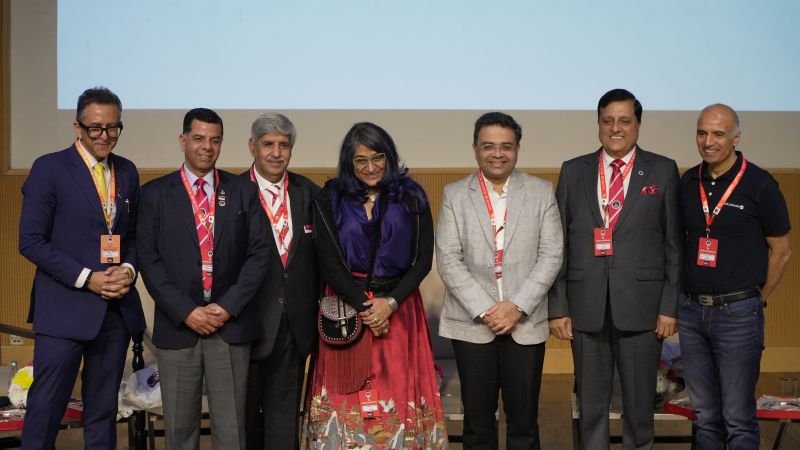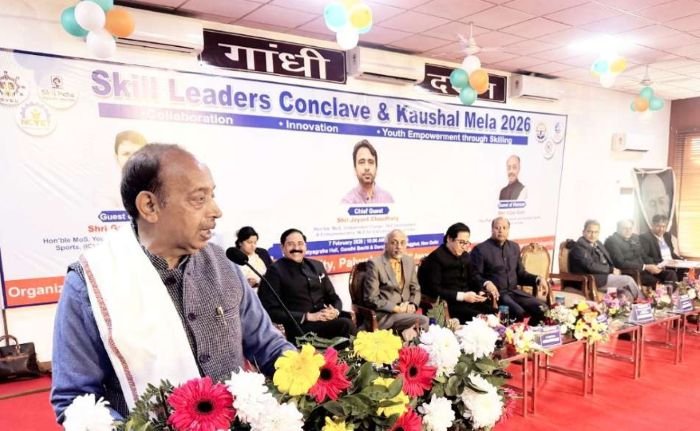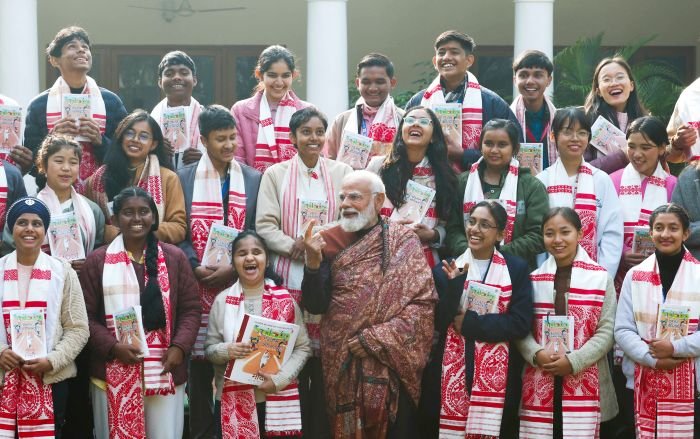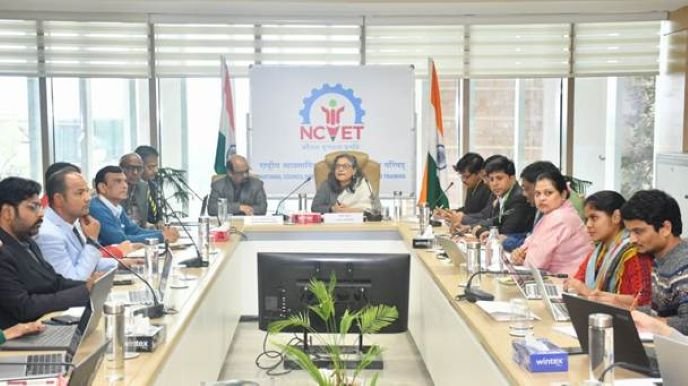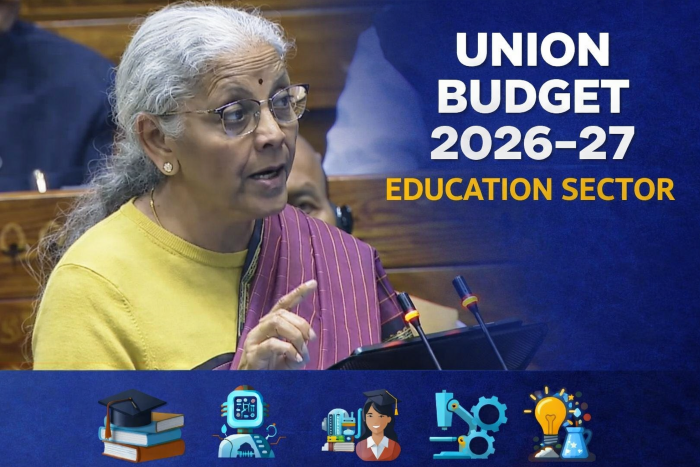Dr Anil Sahasrabudhe, Chairman, All India Council for Technical Education (AICTE) has said that the New Education Policy is flexible and brings a lot of much needed reforms such as multiple entry exit points, vocational education at school level and academic banking of credits, which will completely transform the education landscape.
Address the webinar ‘Shift to Hybrid Learning Model: The New Normal for Education’, organized by FICCI, jointly with Rajagiri Business School (RBS) on August 7, Dr Sahasrabudhe said, “Government is aware about the issues related to digital infrastructure in the rural India and is actively working to address the gaps.” He also requested the industry to come forward and help the institutions in helping the students with right internship opportunities.
Dr Sunil Puliyakot, Director, Rajagiri Business School, Kochi said, “Blended learning is the amalgamation of best practices of both classroom teaching and e-learning. The teacher should be given the freedom to decide the judicious mix of online and offline learning based on their specific teaching requirements.”
The recently announced Education policy clearly laid down the foundations of futuristic education in India. To create a cohesive ecosystem the education policy makers, academicians and education technology organization should jointly develop, design and adopt the new normal of education which is hybrid model.
In an interesting discussion, while Ayush Gupta, Chief General Manager (HRD), GAIL (India) Limited, said the industry is keen to work closely with the institutions in designing the hybrid learning models amid the Covid crisis and facilitate in implementing New Education Policy reforms, Ajay Bohora, Co-Founder, HDFC Credila Financial Services, felt the financial structure of the Higher Education Institutions will be affected due to the upcoming hybrid learning models as there will be limited number of students in the campuses.


